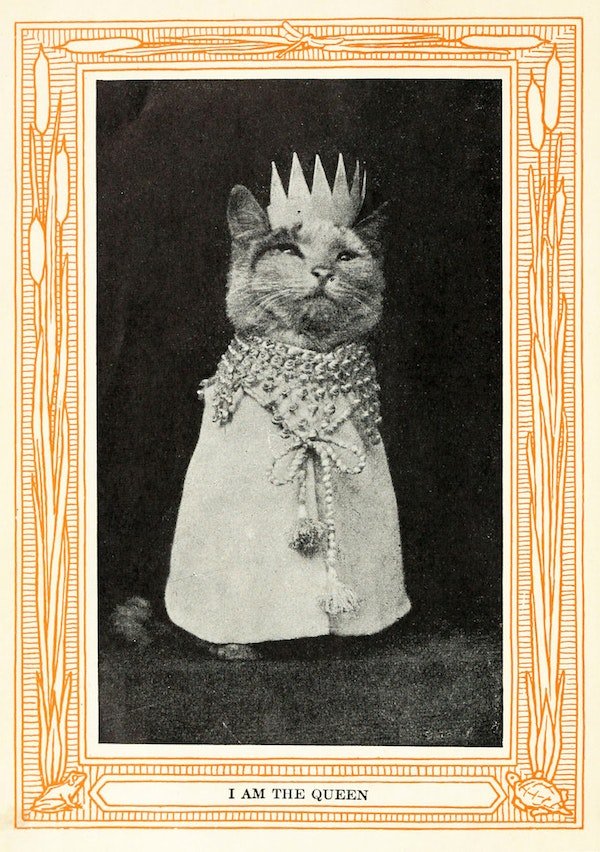The Alluring Smell of the Parasite, by James Gallant
Toxoplasma gondii is one of the most successful parasites in nature. It attacks the brains of many hosts: cats, dogs, bears, sheep, cattle, chickens, goats, pigs, rats, mice, and humans. Its characteristic effect is to promote restless, incautious behaviors. These may play into the hands of predators and prove fatal. If the host animal dies, and another creature eats it, the latter will likely be infected with toxo.
Mice usually prefer to be quiet and inconspicuous, but infected with toxo in laboratory experiments, they become uncharacteristically kooky. They have been known to run around and around in circles with their heads cocked to one side.
Rats in the wild are neophobic (novelty-averse), and conservative in their behavior, but become risk-taking adventurers when infected with the parasite. Curiously, the smell of cat urine, a red flag for them ordinarily, becomes enticing. Should a toxo-infected rat meet up with a no-doubt-surprised cat near a household litter box, the result is likely to be fatal.
This is not a bad thing from the standpoint of the parasite. The cat who bites into the non compos mentis rat infected with toxo now becomes a host. Unlike other infected animals, a cat will act no more strangely that it does ordinarily. Its owner will have no reason to suspect the presence of toxo in the cat’s droppings, and if he or she is careless about personal hygiene after cleaning a litter box—more good news for the ever-mobile parasite!
A Czech evolutionary biologist who had two pet cats discovered that he had been infected with Toxoplasma gondii. This seemed to account for strange behaviors he had noticed in himself of late. He’d cross streets nonchalantly, ignoring oncoming traffic and blaring horns. If toxo did not affect the behavior of cats in a way to attract notice, the biologist concluded that the human response to the parasite resembled that of mice and rats: weakened memory, slowed reaction times, and carelessness in potentially dangerous situations. Moreover, the biologist noted that both he and other males affected by toxo found the smell of cat urine strangely alluring.
James Gallant lives in Atlanta. Hewas the winner of 2019 Schaffner Press Prize for music-in-literature for his story collection, La Leona, and Other Guitar Stories, published in 2020. Fortnightly Review (UK) published in 2018 in its Odd Volumes series a collection of his essays and short fiction, Verisimilitudes: Essays and Approximations. The same year his novel Whatever Happened to Ohio? appeared from Vagabondage Press.

